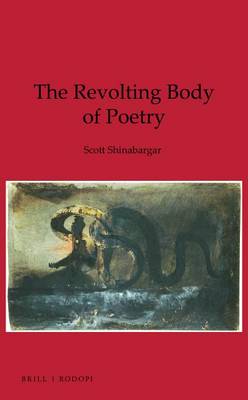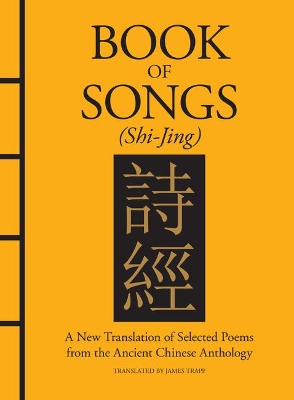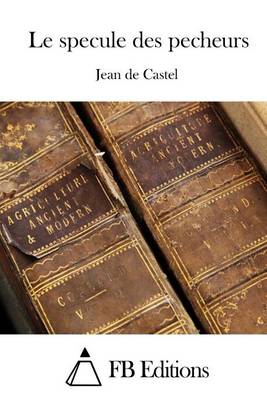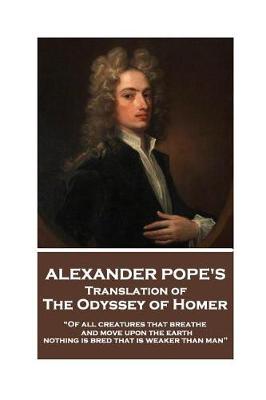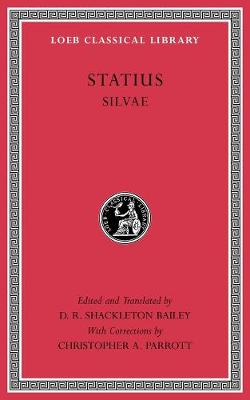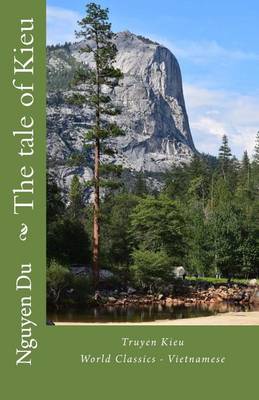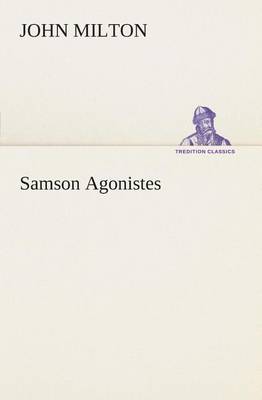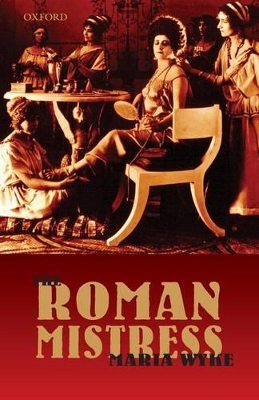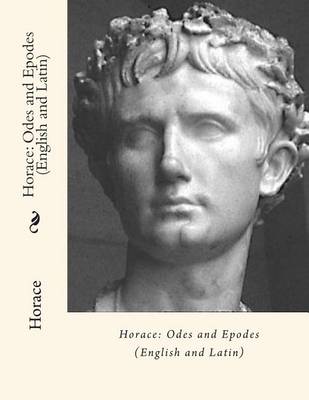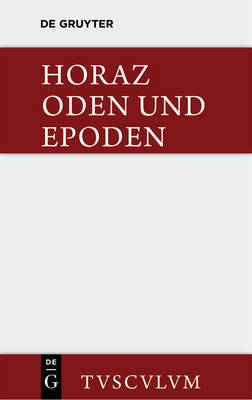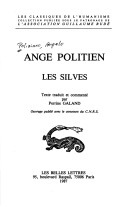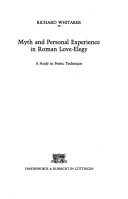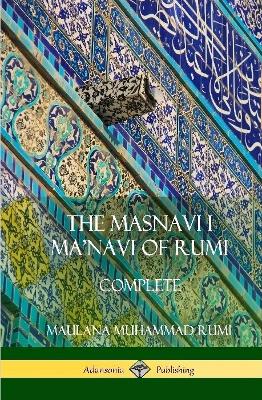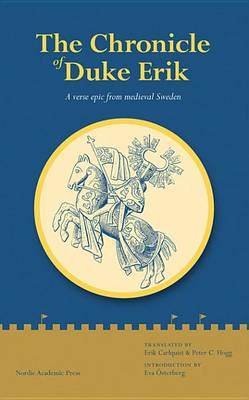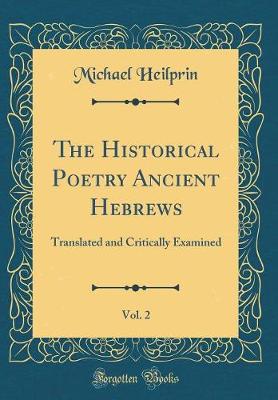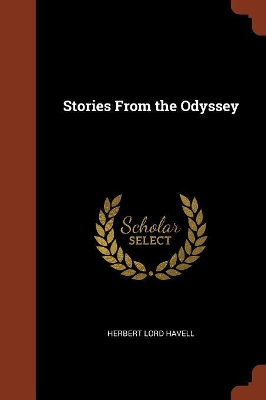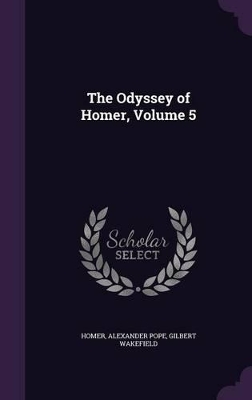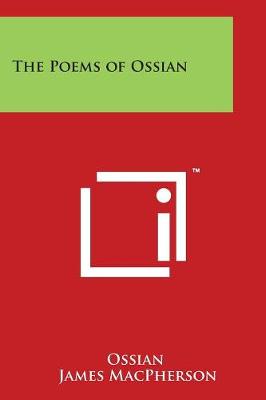If the transgressions of modern French poetry have been amply noted at thematic and formal levels, they remain largely unremarked at the most visceral level of reading. Indebted to, while problematizing the Kristevan concept of semiotique, Scott Shinabargar's The Revolting Body of Poetry reveals how the very "matter" of key works forces us to enact these transgressions, when articulating textures of offensive lexica and imagery. While certain phonemes provide access to previously untapped forces...
Claimed by some to have been compiled by Confucius in the 5th century BCE, the Book of Songs is an ancient anthology of Chinese poetry. Collecting poems over a number of centuries, the anthology - sometimes known as the Classic of Poetry (or Shi-jing) - is the oldest existing collection of Chinese poetry, comprising 305 works dating from the 11th to 7th centuries BCE. Some poems are shorter lyrics in simple language that are folk songs which record the voice of the common people, addressing love...
The Odyssey of Homer translated by Alexander Pope
by Alexander Pope and Homer
Statius' Silvae, thirty-two occasional poems, were written probably between 89 and 96 CE. Here the poet congratulates friends, consoles mourners, offers thanks, admires a monument or artistic object, and describes a memorable scene. The verse is light in touch, with a distinct pictorial quality. Statius gives us in these impromptu poems clear images of Domitian's Rome.Statius was raised in the Greek cultural milieu of the Bay of Naples, and his Greek literary education lends a sophisticated vene...
Since its publication in the early nineteenth century, this long narrative poem has stood unchallenged as the supreme masterpiece of Vietnamese literature. Thong's new and absorbingly readable translation (on pages facing the Vietnamese text) is illuminated by notes that give comparative passages from the Chinese novel on which the poem was based, details on Chinese allusions, and literal translations with background information explaining Vietnamese proverbs and folk sayings.
From Latin love poetry's dominating and enslaving beloveds, to modern popular culture's infamous Cleopatras and Messalinas, representations of the Roman mistress (or the mistress of Romans) have brought into question both ancient and modern genders and political systems. The Roman Mistress explores representations of transgressive women in Latin love poetry and British television drama, in Roman historiography and nineteenth-century Italian anthropology, on classical coinage and college websites...
Carmina / Oden Und Epoden. Nach Theodor Kayser Und F. O. Von Nordenflycht (Sammlung Tusculum)
by Quintus Horatius Flaccus
Cut These Words into My Stone
"Cut These Words into My Stone" offers evidence that ancient Greek life was not only celebrated in great heroic epics, but was also commemorated in hundreds of artfully composed verse epitaphs. They have been preserved in anthologies and gleaned from weathered headstones. Three-year-old Archianax, playing near a well, was drawn down by his own silent reflection. His mother, afraid he had no breath left, hauled him back up wringing wet. He had a little. He didn't taint the nymphs' deep home. He d...
Myth and Personal Experience in Roman Love-Elegy (Hypomnemata, #76)
by Richard Whitaker
Exotics and Retrospectives (Lafcadio Hearn Library, v. 5)
by Lafcadio Hearn
The Masnavi I Ma'navi of Rumi
by Maulana Jalalu-'d-din Muhammad Rumi and E H Whinfield
Written in the 14th century and enjoying a Swedish national status similar to the English Beowulf, this fascinating tale with many levels of meaning reflects the ideals of politics and aesthetics typical of the age of chivalry. The rhyming verses are accompanied by prose renditions and commentary, making the work enjoyable reading for anyone with an interest in medieval texts. A valuable source for the scholarly disciplines of comparative literature and poetics, this genuine piece of Scandinavia...
The Odyssey of Homer, Volume 5
by Homer, Alexander Pope, and Gilbert Wakefield
Medieval Welsh Arthurian Poet (The library of Medieval Welsh literature, Vol 6)
by O. J. Padel
